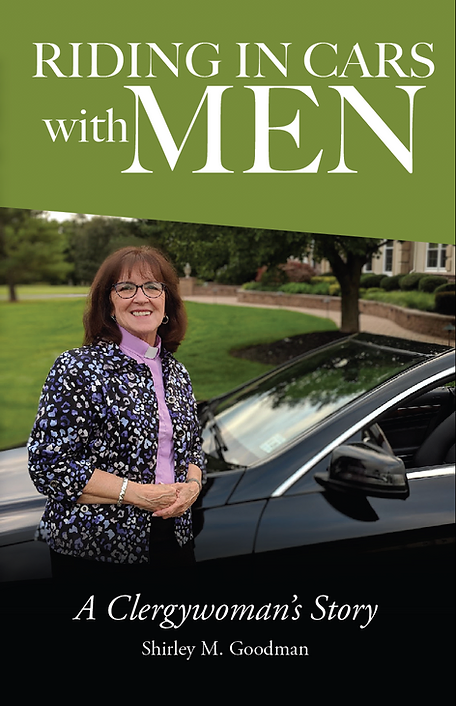There is neither Jew nor Gentile, neither slave nor free, nor is there male and female, for you are all one in Christ Jesus.” (Galatians 3:28)
“For everything God created is good, and nothing is to be rejected if it is received with thanksgiving, because it is consecrated by the word of God and prayer.” (1Timothy 4:4-5)
Since starting this blog a year ago, I took on a part-time ministerial assignment: partnering with several pastors and churches whose primary language is other than English. I’ve been involved in this ministry for close to 10 months, and it’s been very rewarding to say the least. As I have gotten to better know these pastors and their congregations, my appreciation of their preferred language and cultures has been edifying in unexpected ways.
One of those ways is the ability to fully enter into the worship of GOD even when I know very little of what is being sung or said. I attribute this ability to the Holy Spirit who is never confused or limited, and is able to lead us across boundaries that are, otherwise, impenetrable because of our human frailty or, perhaps, because of a lack of will. I count this as new learning for me.

Reflecting on my attempts to cross cultures has drawn me to another conclusion: sometimes we are more appreciative of the “new” than we are of what has been present and available to us all along. This, I think, is common to most of us. We certainly see it in our young children, but the dynamic is not limited to them. It’s as if the newness of something opens our eyes with joy and appreciation in ways that the equally valuable, but previously present “thing” failed to do. Here, I refer specifically to women who are 50%+ of the world’s population, and, more often than not, the primary doers of work and sustainers of ministry in the local church (there’s much objective data, both historical and contemporary, to support this last point). Women have been a major part of the Church, working and often leading, from the beginning, and have been under-appreciated, stymied, and stunted, for my two cents.

Our “appreciation and celebration” of diversity in the Church need not take on over-sized proportions if we allow ourselves to be molded by the Spirit and the Word. When we fail in this molding, we often try to make-up for it by making “big deals” out of what should be an accepted reality: unity in the Church. If the Church of Jesus Christ reflected more of a Trinitarian model of inter-relationships between its members rather than a spiritually outmoded and divisive model more reflective of the hierarchical, patriarchal, and dominant culture dynamics common under the Old Covenant, valuing some members over others, the separations of groups so common in the world would not be so common in the Church, as it still is today. This model, so inconsistent with the New Covenant, is the Church’s version of the doctrine of separate but equal.1 The dynamics of separation create inequality, a fact underscored by Galatians 3:28.
I’m grateful for the teachers, mentors, and colleagues in the faith (of all hues and genders), who have and continue to influence my faith. Each has blessed me. I want to highlight one, Rev. Shirley Goodman whose recently published book, Riding In Cars with Men2, was an eye-opener. I’ve been privileged to call her friend and to work with her for many years, and I highly recommend you consider reading what she has to say. Who knows how it may impact you.

- The doctrine of separate but equal was codified as the law of the land by the Supreme Court in 1896 through Plessy vs. Ferguson. In this case, the U.S. Supreme Court ruled that racially separate facilities, if equal, were not discriminatory, if they did not otherwise violate the constitution. It was not overturned until 1954 when the Supreme Court heard and ruled on Brown vs. Board of Education.
- Riding In Cars with Men by Shirley Goodman (TheSheRev, LLC, © 2019) is available through Amazon in both paperback and electronic formats.
© Byron L. Hannon, 2019. All rights reserved to original text content unless otherwise noted.

Bryon have you thought about writing a book you have such a way with words. I am sure it would be filled with knowledge.
Love the idea being comfortable in the mist of other languages. Such grace you have I admire you
May you day be fruitful.
LikeLike
Hi Karen, thanks for your gracious words. I hope a book is in my future. Blessings.
LikeLike